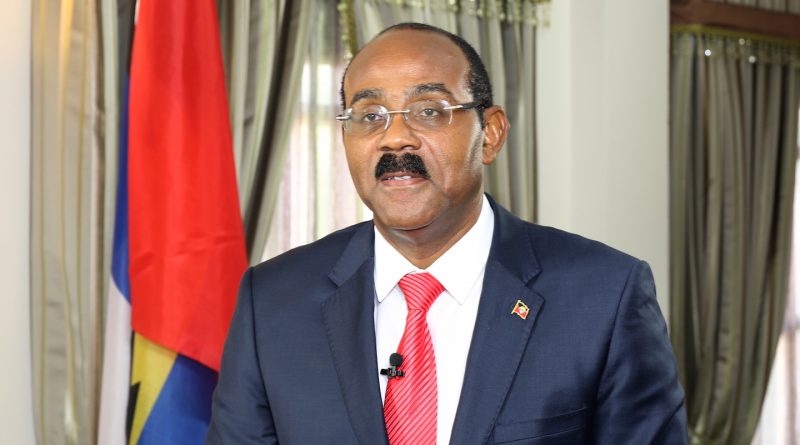Prime Minister Gaston Browne emphasized the importance of inclusive dialogue in the ongoing reform of the public sector. With the return of permanent secretaries and key government officials scheduled for this Wednesday’s Cabinet meeting, PM Browne reiterated that the focus remains constructive and forward-looking. “The goal,” he explained, “is to develop an “outcome document”—a collaborative framework that identifies inefficiencies and offers actionable solutions aimed at boosting productivity.”
He confirmed that the University of the West Indies (UWI) Five Islands Campus is developing a specialized training module for senior public servants. This program, expected to run as a day release model, will address modern governance needs, including artificial intelligence and other technological innovations that can enhance efficiency in the public sector.
The Prime Minister noted that dialogue is already bearing fruit. Two ministers engaged directly with public servants after his initial intervention, and these conversations will continue as part of an evolving strategy to find a workable consensus. He acknowledged that such efforts are long overdue, but added, “We take responsibility for that.”
A Commitment to Accountability
PM Browne underscored his own accountability—not just as a political leader, but as a public servant answerable to the nation. He emphasized that appearances on the radio are not merely informational but a platform for citizens to hold him accountable. “Anything I may have done, would have said, or what I may have left undone,” he said, “is fair game for scrutiny.”
He candidly admitted that his administration hesitated in the past to tackle public sector inefficiencies head-on, out of fear that political opponents would weaponize the issue. As anticipated, opposition voices have already begun framing the reforms as punitive. Nevertheless, Browne stood firm: “We’re not going after anybody. We’re trying to increase productivity within the public sector.”
He detailed how earlier efforts, including a retreat with senior public servants, lacked the momentum and urgency now in play. The Prime Minister attributed the renewed vigor to lessons learned over the years—particularly the political caution of a first term, the disruptions caused by COVID during the second term, and the undeniable need for progress in this third term.
Inclusion of Unions and Constructive Dialogue
The unions, according to the Prime Minister, are indispensable to the reform process. He explained that they were invited early in the discussions to help shape the outcome document. Rather than a top-down decree, this initiative aims to be built from “ground zero” with full input from all parties involved.
A draft framework is being developed to guide discussions, allowing for both individual and collective feedback from stakeholders, including unions, public servants, and ministers.



